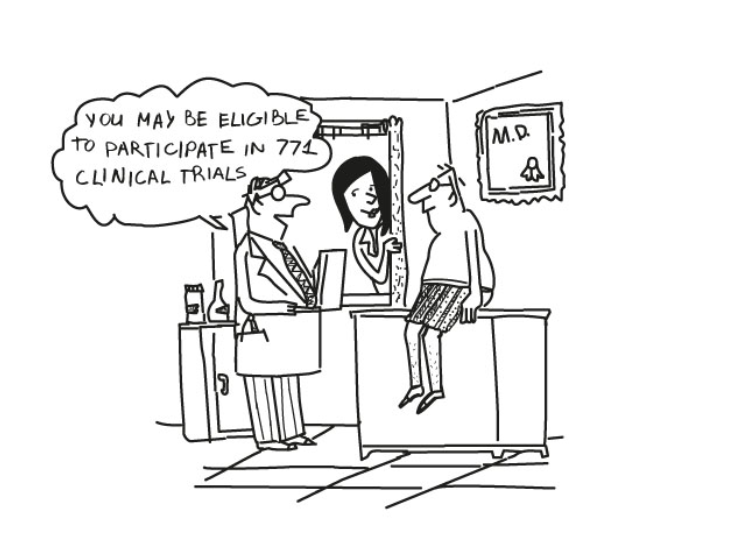Reassessing COVID-19 Vaccine Trials and Public Trust: A Detailed Examination of Efficacy and Adverse Event Reporting

The mRNA COVID-19 vaccines were introduced during the pandemic as a pathway to recovery and a public health safeguard. Touted as “safe and effective,” these vaccines were implemented under emergency use authorization (EUA) at an unprecedented scale. This article examines the claims made during their rollout, the protocols and outcomes of clinical trials, the transparency (or lack thereof) in reporting, and the contentious impact on public trust.
At the height of the COVID-19 pandemic, the mRNA vaccines were marketed as a breakthrough innovation, capable of reducing severe outcomes, preventing deaths, and expediting societal reopening. However, the rapid development and deployment of these vaccines left significant gaps in public understanding of their efficacy and potential risks. A detailed review of Pfizer’s clinical trial process and subsequent post-marketing surveillance data has raised critical questions about the transparency, methodology, and reporting of adverse events.
The Rollout and Public Messaging:
The U.S. government allocated nearly $1 billion to public relations efforts, including hiring PR firms like the Fors Marsh Group, to promote vaccine adoption and reduce hesitancy. These campaigns emphasized safety and efficacy, encouraging widespread compliance among various demographics, including pregnant women, young mothers, children, and employees in workplaces with vaccine mandates.
This effort was further supported by regulatory assurances, such as FDA approval, which fostered public confidence in the vaccines. However, concerns have emerged regarding discrepancies in clinical trial protocols, rushed approval processes, and selective disclosure of adverse event data.
Clinical Trial Findings and Process Modifications:
Pfizer’s clinical trial included approximately 44,000 participants, divided equally into placebo and treatment groups. Over the course of the trial, multiple protocol amendments were made, culminating in 14 versions of their protocol—a highly unusual number for such a short timeframe. Concerns were amplified when, shortly after emergency use authorization, Pfizer vaccinated 94% of the placebo group, effectively nullifying the control group and preventing long-term comparative analysis.
Key findings from the clinical trials included:
1. Higher mortality in vaccinated participants compared to placebo participants at later stages of data collection.
2. Misrepresentation of deaths in trial groups at the data cutoff, suggesting equivalence or superiority of vaccine efficacy.
3. Lack of transparency regarding manufacturing changes, notably the shift from “Process 1” to “Process 2” manufacturing protocols, which introduced differences not fully tested in clinical trials.
Adverse Events and Post-Marketing Surveillance:
Post-marketing surveillance data, released under a Freedom of Information Act lawsuit, revealed over 1,200 adverse events of special interest, including severe outcomes such as myocarditis, neurological disorders, autoimmune diseases, and “turbo cancers.” Additionally, concerning patterns emerged regarding reproductive health:
• An 80% miscarriage rate among pregnant women in the trials who experienced adverse events.
• Reports of fertility issues in males, including anti-sperm antibodies and reductions in sperm count and motility.
• Adverse effects on breastfeeding infants, including vomiting, rashes, and failure to thrive.
Despite these findings, the CDC continues to recommend the vaccine for all eligible age groups, including infants as young as six months.
Public Trust and Accountability:
The FDA’s decision to initially request a 75-year delay before releasing clinical trial data exacerbated public skepticism. Critics argue that regulatory bodies prioritized expediency and compliance over thorough evaluation. Additionally, the labeling of dissenting voices as “anti-vaccine” stifled critical discourse, creating polarization rather than informed consensus.
The lack of rigorous follow-up on adverse event data and the erasure of placebo groups undermined the integrity of the gold-standard randomized controlled trial model. This has led to widespread questioning of the regulatory framework and its susceptibility to corporate influence.
The rollout of COVID-19 mRNA vaccines reflects both a remarkable scientific achievement and a cautionary tale about the balance between urgency and transparency. The dismissal of dissent and the suppression of critical data have contributed to a crisis of trust in public health institutions. Moving forward, it is imperative to establish robust, transparent, and accountable processes for evaluating and communicating medical interventions to restore public confidence.